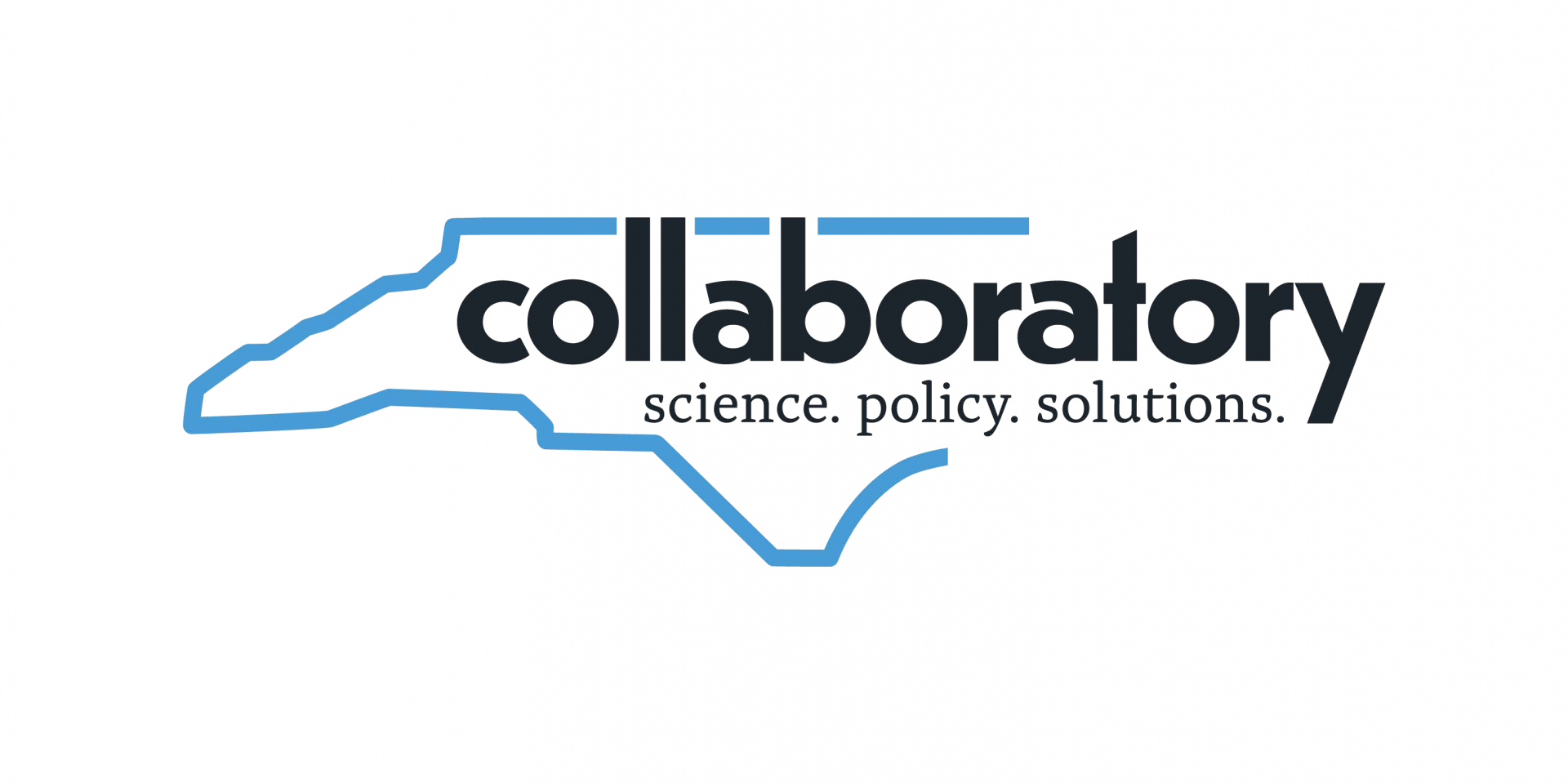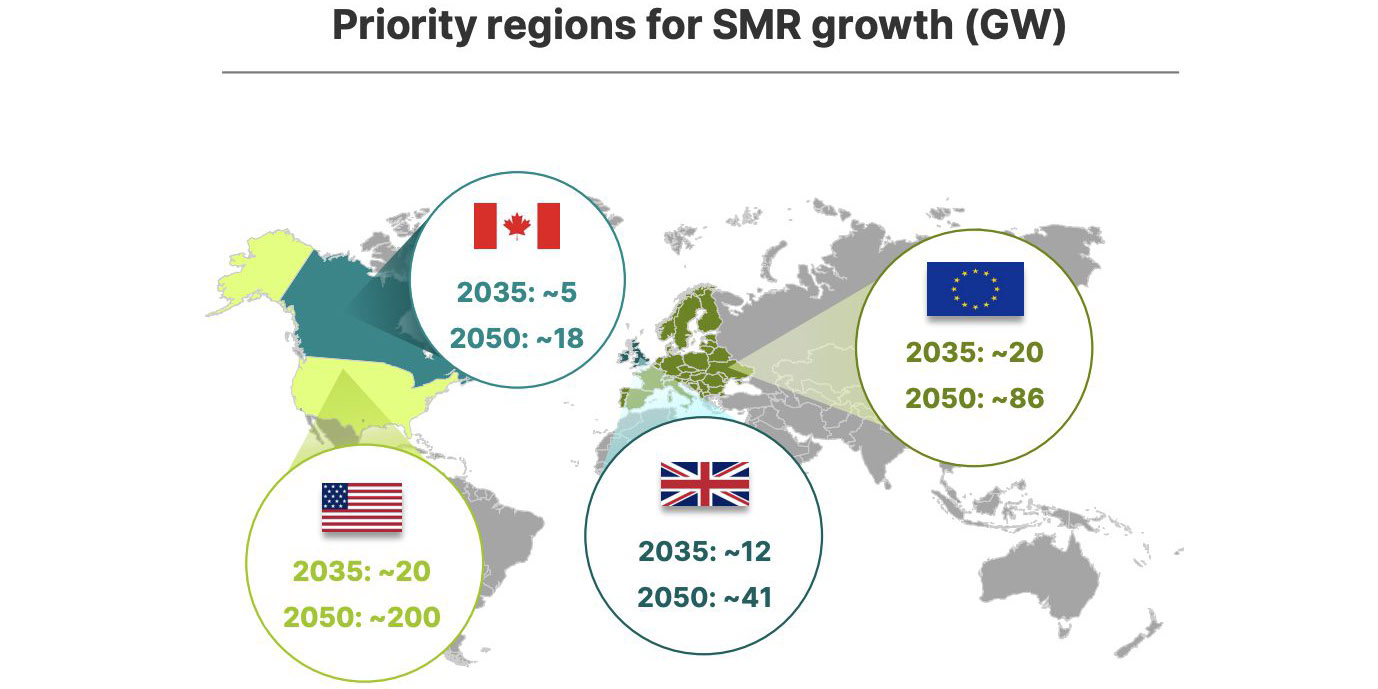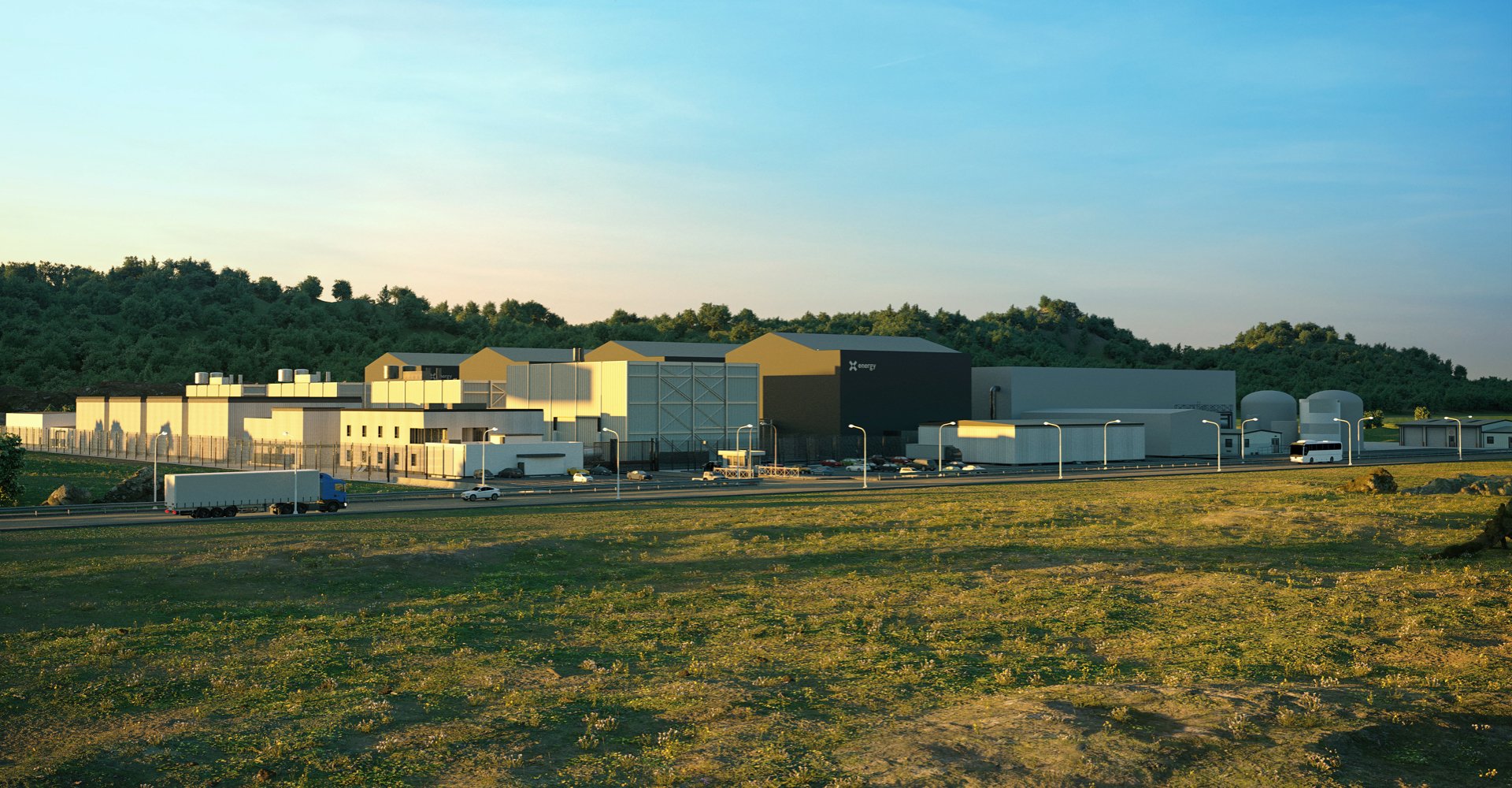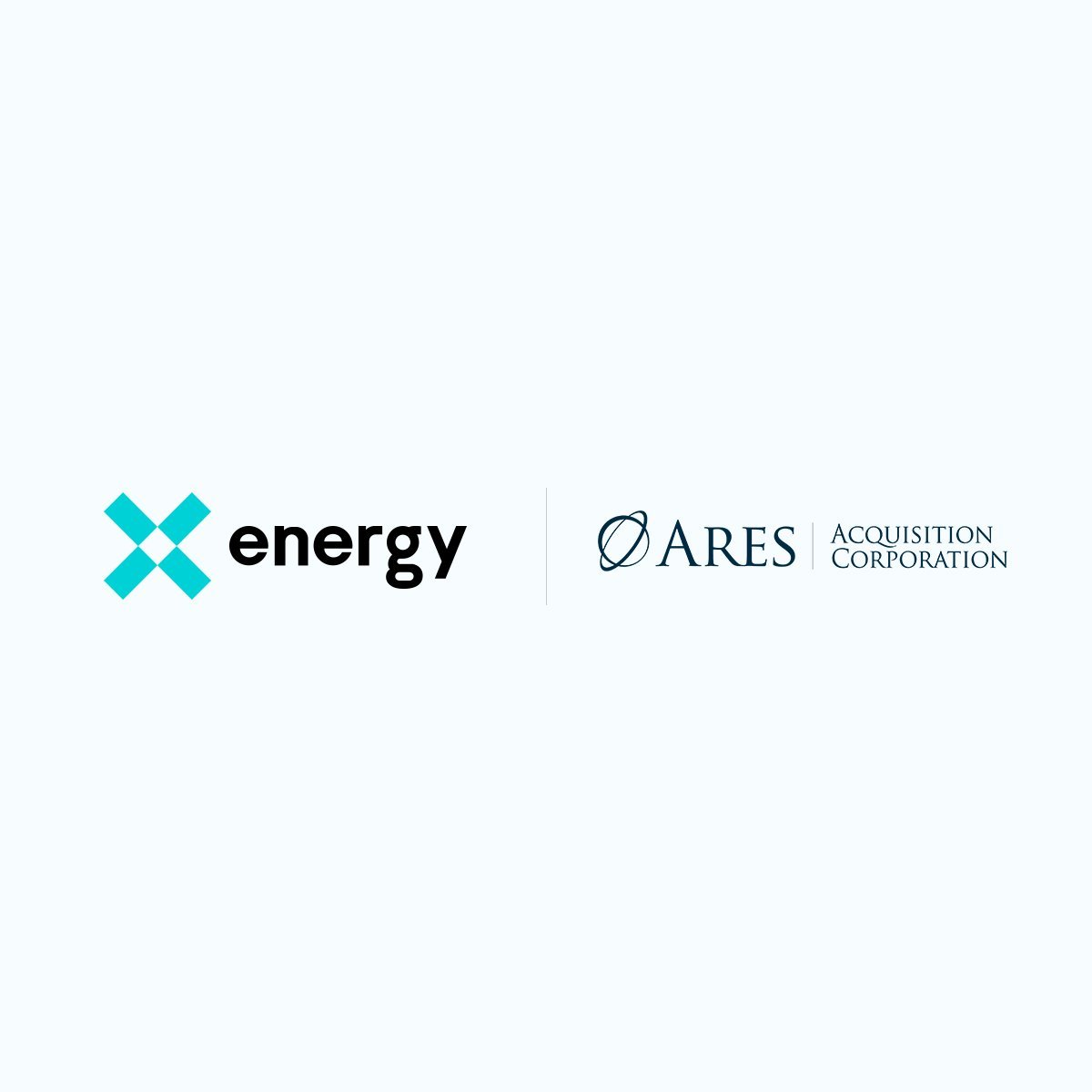New GE Hitachi “blocks” could cut costs in nuclear deployment

Researchers at GE Hitachi Nuclear recently completed a successful test on potential new building blocks made of steel-concrete composite.

A message from Goodway Technologies
Optimizing Maintenance Strategies in Power Generation: Embracing Predictive and Preventive Approaches

Researchers at GE Hitachi Nuclear recently completed a successful test on potential new building blocks made of steel-concrete composite.
In February, the Community of Practice (CoP) webinar series, hosted by the American Nuclear Society Standards Board’s Risk-informed, Performance-based Principles and Policies Committee (RP3C), celebrated its fifth anniversary. Like so many online events, these CoPs brought people together at a time when interacting with others became challenging in early 2020. Since the kickoff CoP, which highlighted the impact that systems engineering has on the design of NuScale’s small modular reactor, the last Friday of most months has featured a new speaker leading a discussion on the use of risk-informed, performance-based (RIPB) thinking in the nuclear industry. Providing a venue to convene for people within ANS and those who found their way online by another route, CoPs are an opportunity for the community to receive answers to their burning questions about the subject at hand. With 50–100 active online participants most months, the conversation is always lively, and knowledge flows freely.

The North Carolina Collaboratory, a research funding agency established by the North Carolina General Assembly to partner with academic institutions and government entities, has awarded a grant to North Carolina State University and GE Hitachi Nuclear Energy (GEH) for research into small modular reactors. The funded research project, “Academic Boiling Water–Small Modular Reactor (BW-SMR) Simulator for Research, Development, and Educational Purposes,” focuses on the development of a digital-based simulator for GEH’s BWRX-300, a Gen III+ light water SMR.

Texas A&M chancellor John Sharp has announced that the university could soon become a home to small modular reactors from four advanced nuclear companies: Kairos Power, Natura Resources, Terrestrial Energy, and Aalo Atomics.
The Canada-Poland Nuclear Energy Cooperation Agreement was signed this week by the prime ministers of the two countries, supporting plans for developing Poland’s first nuclear power plants to aid its transition away from coal.

New York Gov. Kathy Hochul and state officials met in August with officials at the U.S. Army’s Fort Drum in upstate New York to discuss deployment of a small modular reactor to supply the installation’s energy needs. According to local CBS affiliate WWNY, two congresspersons have called on the secretary of the army to place an SMR at Fort Drum, and the U.S. Army Corps of Engineers has determined that an SMR would be “the optimal option” for the site’s energy purposes.

Tech giant Amazon announced Wednesday new partnerships with Dominion Energy and X-energy to develop and deploy 5 gigawatts of nuclear energy to power needs across the country over the next 15 years.

Engineering company Rolls-Royce is considering the sale of its small modular reactor subsidiary to inject new funding into the company’s overall business plans, the Sunday Telegraph first reported Aug. 3.
The company is looking to raise hundreds of millions, with a current valuation of £1.6 billion ($2 billion), as it sets its sights on being the first to deploy SMRs in the United Kingdom. Rolls-Royce recently cleared step two of the U.K.’s generic design assessment (GDA)—a competition launched in 2023 to bring SMRs on line in the 2030s.

The small modular reactor design from Rolls-Royce has cleared step two of the United Kingdom’s generic design assessment (GDA) and is moving to the third and final step.
The company announced its progress and lauded “Rolls-Royce SMR’s position ahead of any other SMR in Europe” in a July 30 press release. Rolls-Royce SMR touts its ability to deliver new nuclear power based on proven technology, providing a “factory-built” power station to provide enough energy for a million homes for a 60-year stretch.
Duke Energy Florida is considering long-term plans for new nuclear development on 5,000 acres it owns near Gainesville.
According to testimony filed in Duke’s three-year, $818 million rate hike request with the Florida Public Utilities Commission, “In the 2038–2048 timeframe, this would be an attractive site for [the] addition of a new zero-emitting load following resource . . . including the potential development of next generation nuclear [small modular reactor] technology.”

Power generation from nuclear fission as a clean and stable source of electricity has secured the interest of policymakers and industry leaders around the globe. Last fall, the United States spearheaded a pledge at COP28 to get countries to agree to triple nuclear capacity worldwide, and recently the members of the Group of 7 (G7) nations that currently use nuclear power have reaffirmed their pledges to invest in that power source to cut carbon emissions.
As of this writing, U.S. policymakers are trying to make good on that promise by passing legislation to support nuclear power, funding the domestic fuel supply chain, and working to pass the ADVANCE Act. On top of the support from Washington, D.C., power-hungry industries like data centers and chemical engineering are looking to secure stable, carbon-free power directly from power plants.

GE Hitachi Nuclear Energy (GEH)—the nuclear business unit of Massachusetts-based GE Vernova in partnership with Japan’s Hitachi—has announced that it is forming a group of qualified supply chain companies to advance the manufacture, commercialization, and international deployment of its BWRX-300 small modular reactor. The company stated that it is forming the group to help ensure “a reliable, cost-effective and innovative” process for getting its SMR commercialized and deployed around the world.

X-energy has opened a regional operations and training center aimed at supporting future deployment of its advanced modular nuclear reactor fleet and the operators who will run it.

The U.S. Nuclear Regulatory Commission hosted a public meeting earlier this month for community members to learn more about X-energy’s plans to build small modular reactors at a Dow Chemical plant on the Gulf Coast of Texas.
Illinois Gov. J. B. Pritzker returned to the good graces of the nuclear community last Friday, signing H.B. 2473, a bill that partially lifts the state’s decades-long moratorium on new nuclear power builds by permitting the construction of small modular reactors.
Pritzker had vetoed similar legislation, S.B. 76, in August, saying in a veto message that the bill included an overly broad definition of “advanced reactors,” which would “open the door to the proliferation of large-scale nuclear reactors that are so costly to build that they will cause exorbitant ratepayer-funded bailouts.” Pritzker had also asserted that S.B. 76 lacked “regulatory protections or updates to address the health and safety of Illinois residents who would live and work around these new reactors.”

Energy secretary Jennifer Granholm visited the Clinch River Nuclear Site in Oak Ridge, Tenn., on December 5 to highlight the Biden administration’s support for the Tennessee Valley Authority’s advanced nuclear technology program.
Granholm indicated that the administration is willing to provide funding for the nation’s first commercial small modular reactor at the site. “Excited to see a shovel in the ground, hopefully in a few more years,” she said. “TVA is leading on small modular reactors with this site. Everybody’s looking to TVA to make sure that this can actually happen.”

The United Kingdom has announced a new partnership with South Korea to accelerate the clean energy transition by strengthening cooperation on low-carbon technologies, domestic climate policies, and civil nuclear energy.
Signed November 22 in London by British energy security and net zero secretary Claire Coutinho and South Korean minister for trade, industry, and energy Moon Kyu Bang, the partnership promotes U.K.-South Korean business collaboration, addressing barriers to trade and encouraging mutual development of the two nations’ energy sectors.

The United States and the Philippines last week signed a civil nuclear cooperation agreement—known in policy wonk jargon as a 123 Agreement.

X-energy, the Rockville, Md.–based small modular reactor/nuclear fuel developer, and Ares Acquisition Corporation (AAC), a publicly traded special-purpose acquisition company, have agreed to terminate their business combination agreement, effective immediately, the companies announced this week.

The International Atomic Energy Agency has released the 2023 edition of its annual look at nuclear’s prospects in the coming decades—Energy, Electricity and Nuclear Power Estimates for the Period up to 2050—revising its global growth projections upward for a third consecutive year.